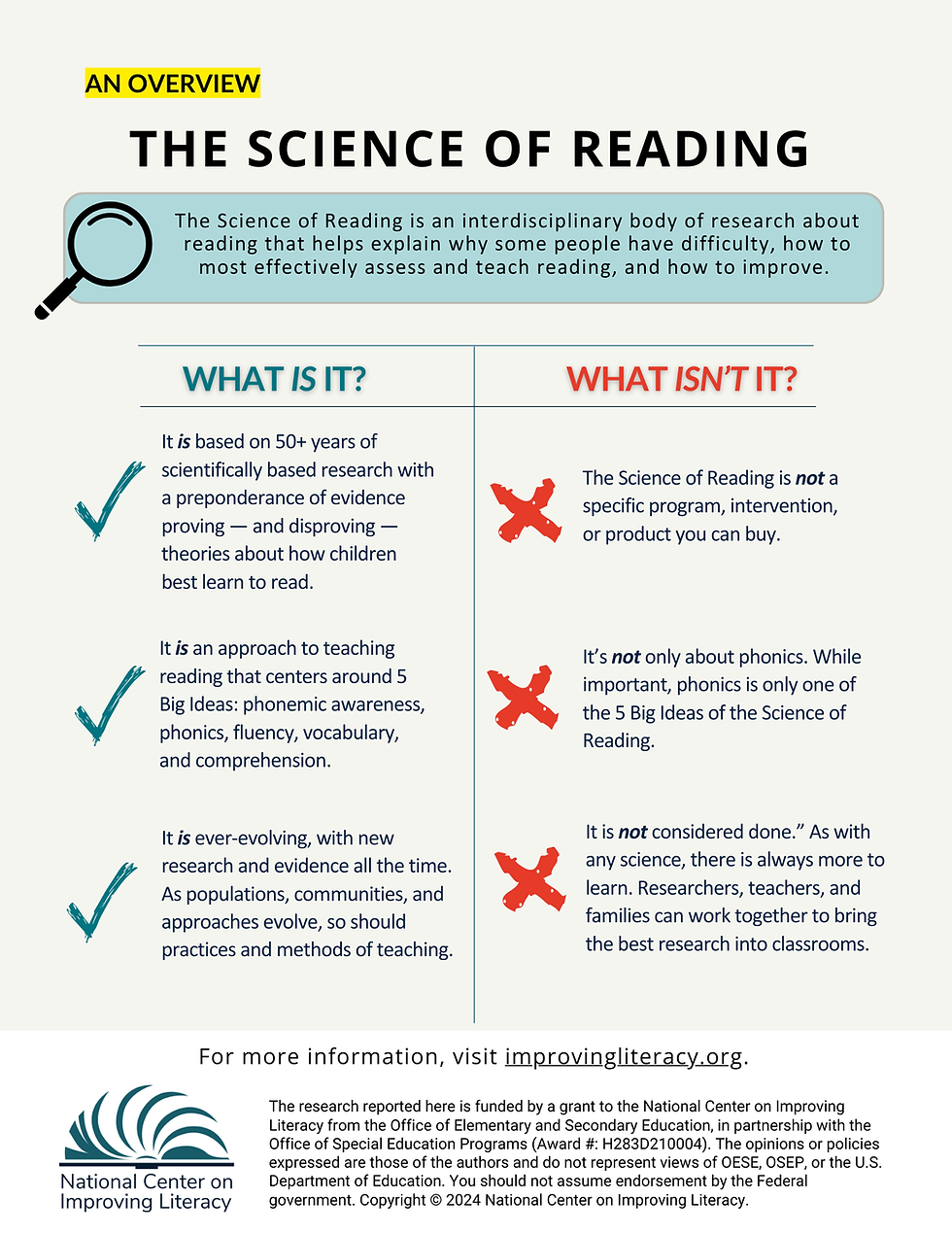Reading comprehension is a crucial skill that students need to develop in order to succeed academically. As educators, it is important to implement effective strategies to help students improve their understanding of texts and enhance their overall reading skills.
By employing best practices in teaching reading comprehension, educators can create a supportive learning environment that fosters student engagement and critical thinking. These practices help students develop the necessary skills to comprehend and analyze a wide range of texts, ultimately leading to improved academic performance.
Best Practices for Teaching Reading Comprehension
One of the best practices for teaching reading comprehension is to encourage active reading. This involves teaching students to engage with the text by asking questions, making predictions, and summarizing key points. By actively interacting with the text, students are able to better understand and retain information.
Another effective strategy is to teach students how to use reading strategies such as skimming, scanning, and close reading. These strategies help students to identify important information, make connections between ideas, and draw conclusions based on evidence from the text.
It is also important to provide students with ample opportunities for discussion and reflection. By engaging in meaningful conversations about the text, students can deepen their understanding and gain new perspectives. Encouraging students to reflect on their reading experiences helps them to develop metacognitive skills and become more thoughtful readers.
Furthermore, incorporating technology into reading instruction can enhance student engagement and motivation. Interactive online platforms, digital resources, and multimedia tools can provide students with a more dynamic and personalized learning experience. By integrating technology into reading comprehension activities, educators can cater to diverse learning styles and interests.
In conclusion, implementing best practices for teaching reading comprehension is essential for helping students develop the skills they need to succeed in school and beyond. By encouraging active reading, teaching reading strategies, facilitating discussions, and integrating technology, educators can create a supportive learning environment that promotes literacy and critical thinking. By prioritizing reading comprehension instruction, educators can empower students to become confident and proficient readers.
